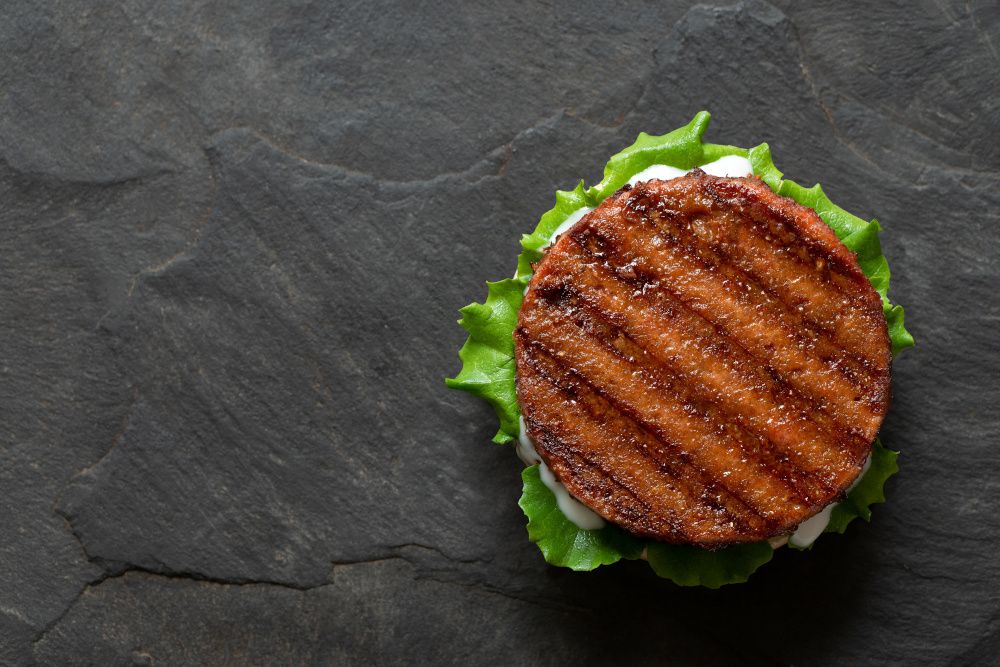AAK announces successful GRAS notification for its shea stearin ingredient for use in plant-based food products
According to the company, this marks the first expanded use of shea stearin in new food categories since 1998.
Photo © AdobeStock.com/Moving Moment

AAK (Edison, NJ), a supplier specializing in value-adding specialty oils and fats, has announced that it has received a No Questions Letter from the U.S. Food and Drug Administration in response to a GRAS (generally recognized as safe) notification for its shea stearin. According to the company, this marks the first expanded use of shea stearin in new food categories since 1998.
“Expanded GRAS approval of shea stearin by the FDA is a major milestone, offering regulatory certainty to our customers and opening doors for the use of this ingredient across several food categories,” said Octavio Díaz de León Carrillo, president of AAK USA, Inc. and vice president AAK AB, in a press release. “As a versatile plant-based fat, shea stearin can be utilized in various applications, from bakery items and confectionery fillings to nut and seed spreads, margarine, plant-based foods and more. We see tremendous opportunity in creating functional food products that consumers will purchase, particularly within the popular segments of plant-based meat and poultry and plant-based dairy alternatives. With the FDA’s approval of shea stearin as a safe source of fat, AAK is helping food manufacturers create the next generation foods.”
“This offers a long-awaited alternative source of plant-derived solid fat with a considerably lower saturated fat content than coconut oil, widely used today,” added Jeffrey Fine, senior director, customer innovation for AAK in the U.S. and Canada.
Prinova acquires Aplinova to further increase its footprint in Latin America
April 7th 2025Prinova has recently announced the acquisition of Brazilian ingredients distributor Aplinova, which is a provider of specialty ingredients for a range of market segments that include food, beverage, supplements, and personal care.










